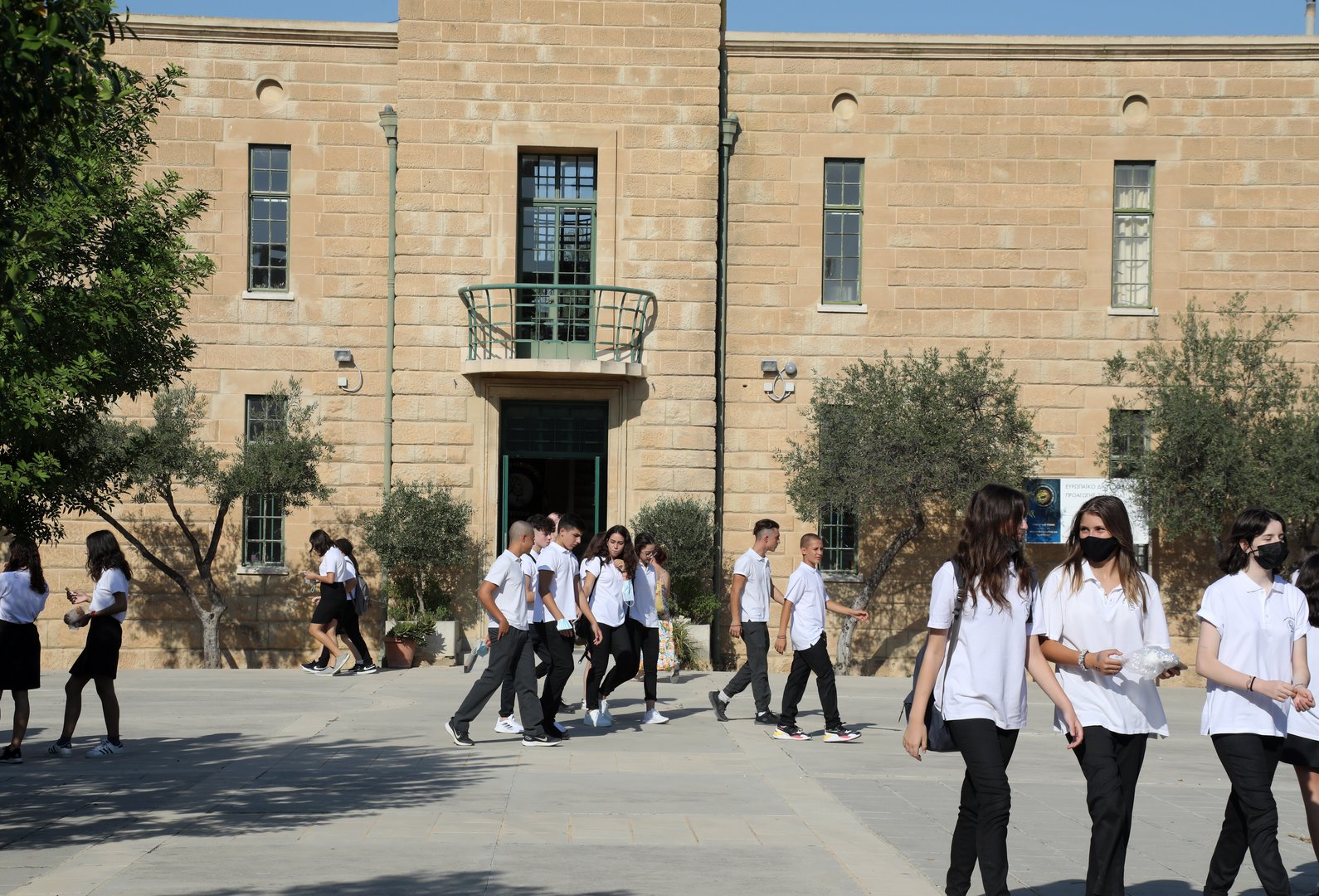It should not have surprised anybody that in the ‘PISA 2022’ international evaluation of students Cyprus finished in the bottom quarter of the rankings – number 62 out of 81 countries. We could not have expected anything better from a public education system that is primarily designed for the benefit of teachers by powerful unions which no government has ever dared to stand up to.
In the OECD’s Programme for International Student Assessment, which tested the abilities of 15-year-old students to use their mathematics, science and reading knowledge, Cyprus’ students scored well below the EU averages and below many poor third world countries. If students from private schools had not taken part in the survey, the average scores of Cyprus may have been lower. In maths Cyprus scored 418, in science 411 and in reading 381, with the EU averages being 472, 480 and 468 respectively.
It is a rather appalling record considering in 2021 Cyprus spent about 5.5 per cent of GDP, whereas Greece, which has a very similar curriculum spent 4 per cent but scored better in all subjects. The level of spending is not necessarily an indication of education standards, less so in Cyprus where most of it goes on teachers’ wages which are among the highest in the EU, instead of on improving teaching facilities. In short, the taxpayer is not getting good value for money on education. For example, the small size of classrooms at public schools, which the education ministry likes to boast about, has not benefited the students, but it has allowed the employment of more teachers.
A couple of years ago, the education ministry introduced twice-yearly exams, as a way for schools to better monitor the work of students and to instil the habit of more consistent studying. Teachers were up in arms, because this would involve more work, students were staging protests and the parents’ associations also sided with them. One of the first things the new government did was to scrap the twice-yearly exams, not because the system was educationally unsound but because this was the ‘public’ demand, encouraged by teaching unions.
According to teaching unions, the biggest problem facing public education, is the lack of air conditioning units in the classrooms. This is all they talk about and have the full support of parents’ associations in demanding an AC in every classroom. By making the lack of ACs the main issue in public education, nobody talks about the low education standards – confirmed once again by the PISA survey – and how students are being systematically let down by poor, disinterested teachers, whose performance is never evaluated because unions do not permit it.
As long as the teaching unions are running the education system standards will continue on the downward path. After the PISA results, Education Minister Athina Michaelidou spoke about all the changes in the pipeline. Nothing will work and nothing will improve as long as the government does not confront the unions with the message that the priority of public education is to serve students rather than teachers.







Click here to change your cookie preferences